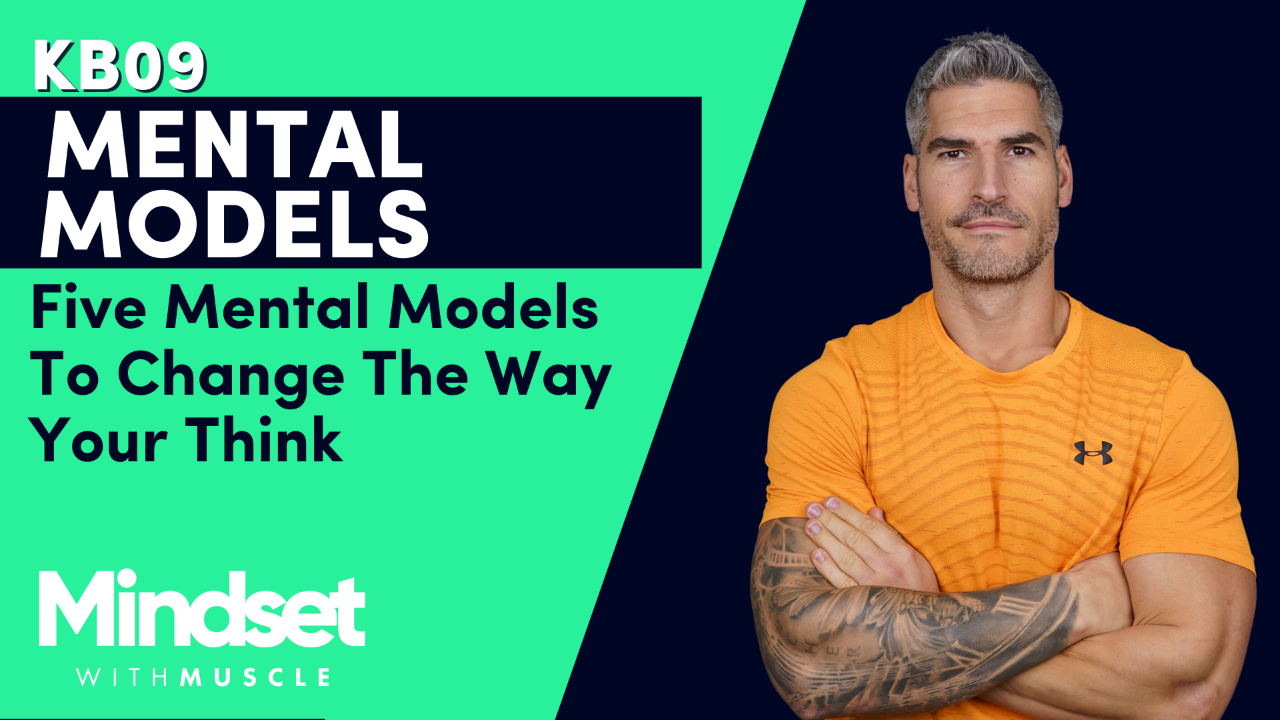
KB09 - 5 Mental Models To Change The Way You Think
Mar 18, 2023Read Time: 5 Minutes
A big thank you for our newsletter sponsor this week…
Today's issue is sponsored by Pliability.
In the past, I'd always had difficulty making stretching part of my daily routine, even though I knew how important it was for reducing stress and helping avoid injuries while I was lifting.
I then stumbled upon Pliability, and for the last 18 months, I've barely missed a day, and it’s made me feel awesome!
To check it out and, most importantly, to grab your free 14-Day Trial, Click Here
Today I will give you 5 Mental Models that will help you change your way of thinking.
What are mental models, you ask?
"A mental model is a framework or way of thinking that helps individuals understand and interact with the world around them."
It is a simplified representation of reality that can be used to make decisions, solve problems, or explain complex phenomena.
Mental models can be based on personal experiences, cultural norms, education, or other factors and can vary widely between individuals.
I use mental models daily to figure things out in the world, and today I want to give you five of my favourite ones to use for yourself.
Let’s get into it…
#1 - The Map Is Not The Territory
The map is not the territory explains that our perceptions and interpretations of the world around us are not necessarily the reality that we think it is.
A great example of this is the world map…
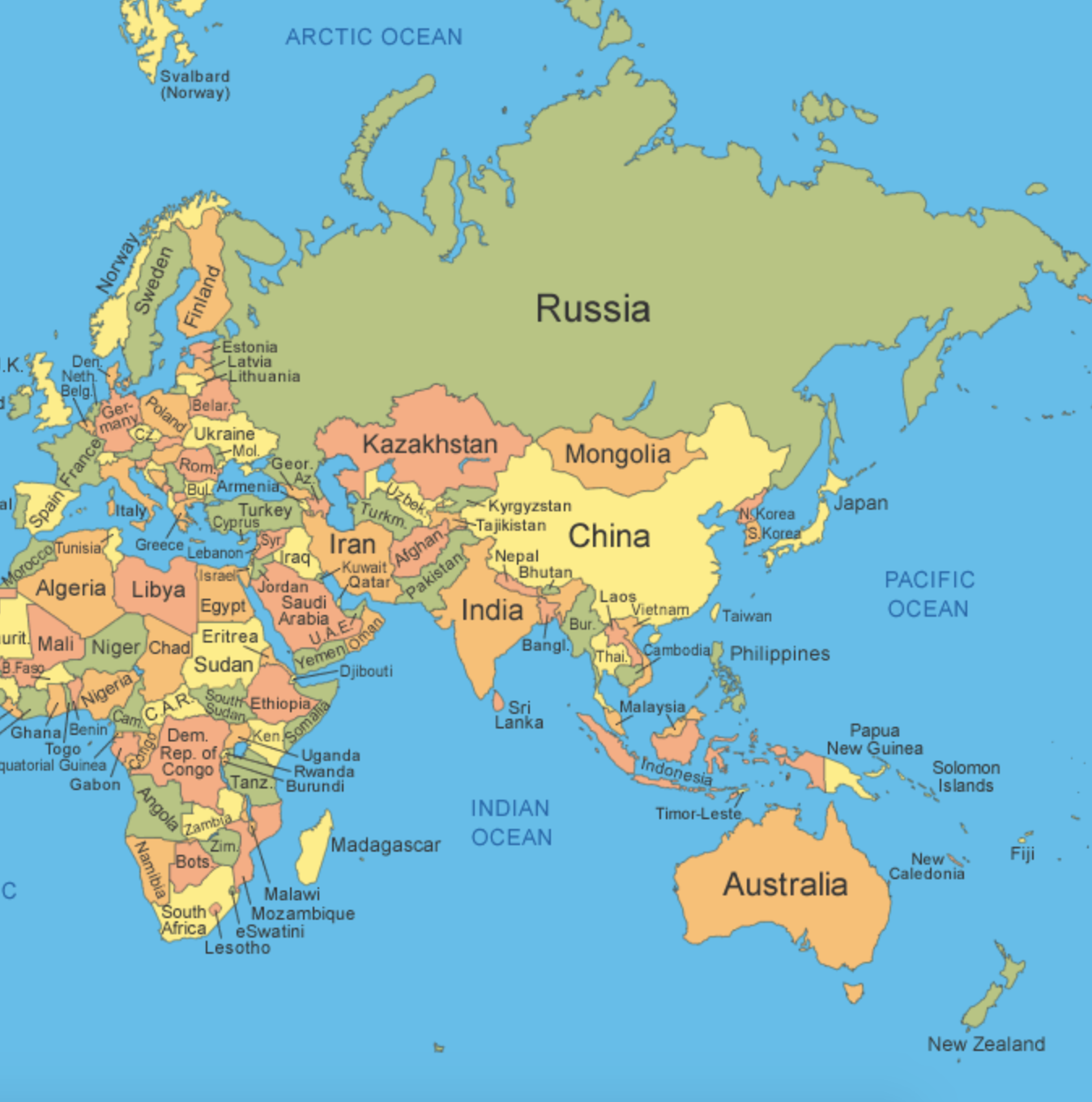
As you can see above, this is the typical textbook map we see daily.
From the looks of this map, you could fit Australia into Russia at least 5-6 times.
Except you couldn’t, as this map isn’t a true representation of the world map
This is…
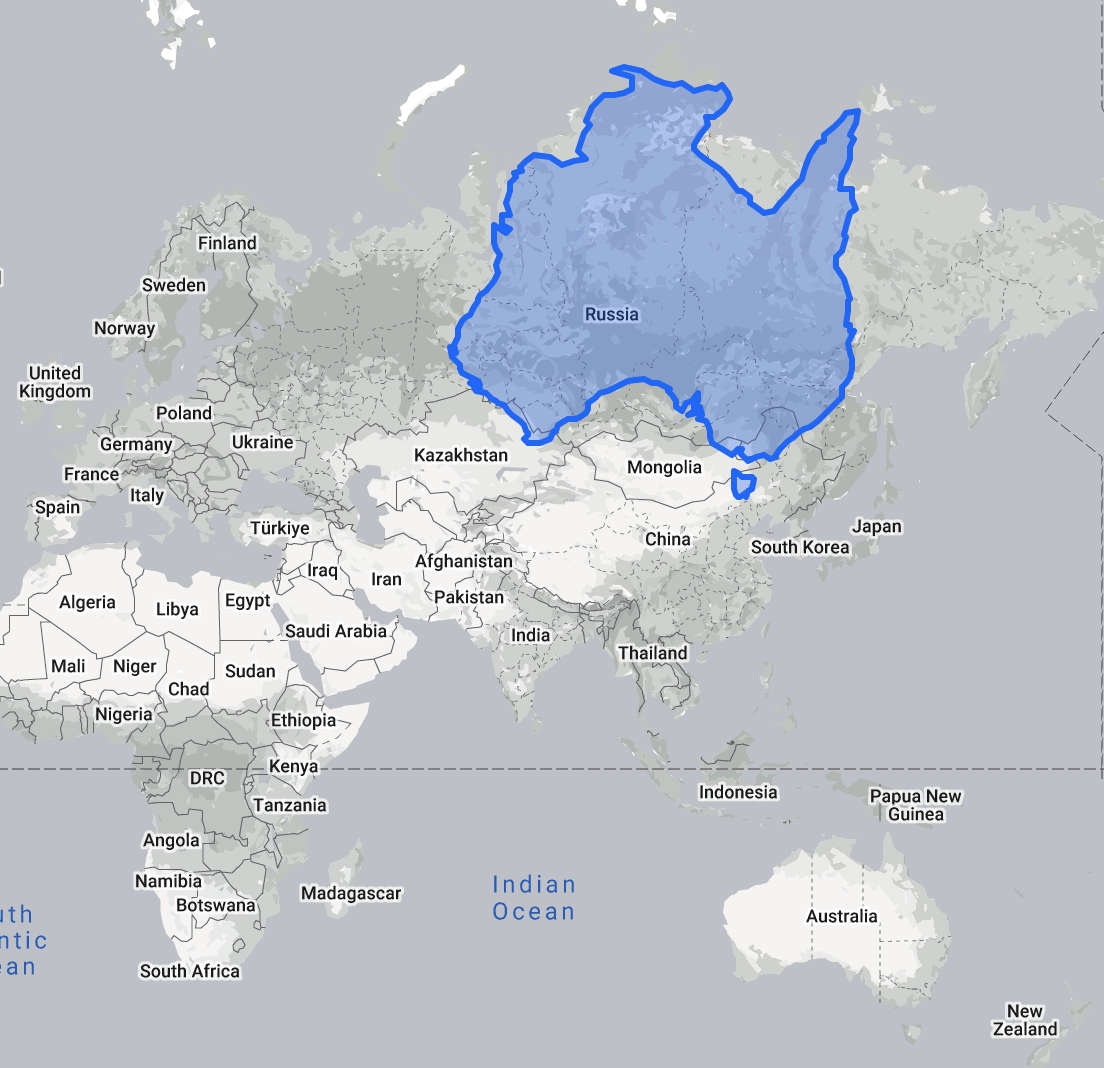
(taken from thetruesize.com)
As you can see, Australia takes up most of Russia and could only fit twice into the country.
Some of you might have already known this, and someone reading this might have just had their mind blown.
But this is a great example of the Mental Model “The Map is Not The Territory.”
The lesson to understand from this Mental Model is to be more mindful and aware of our perceptions and interpretations of the world around us.
The Map is Not The Territory and Goal Setting
When you write down the goals you want to achieve, think hard about why you want to achieve them.
You might be focused on a promotion at work and think your life will be better when you get it. The reality is usually a little more pay for many more problems, and the juice might not be worth the squeeze.
You might be focused on losing weight right now and think that you'll be happy when you hit your goal weight. But the reality is, if you’re not happy right now, you’re not going to be happy when you lose 10 lbs because happiness is not a destination, especially if the destination was a miserable journey to get there.
So how do we use this Mental Model to improve our lives better?
By recognising that our mental maps are not always an accurate reflection of reality, we can approach situations more openly and flexibly and be more willing to learn and adapt as we grow and develop.
Be Stubborn About Your Goals And Flexible About Your Methods - Unknown
#2 - The Anchoring Bias
An Anchoring Bias is a tendency to rely too heavily on the first piece of information encountered when making decisions.
Say you were heading to the cinema and as you were about to go in you bumped into a friend who had just finished watching the film you’d been dying to see.
“How was the film?” You say to him
Awful, he says, “save your money and watch something else.”
That film you’ve been dying to see has now lost its appeal, and as you go into the cinema, you decide to pick another film.
Information from others heavily influences our life decisions and, in some cases, might save us a lot of time and energy, but in most cases, it won't.
The Anchoring Bias and Weight Loss
Regarding weight loss, we are heavily influenced by what people and papers tell us…
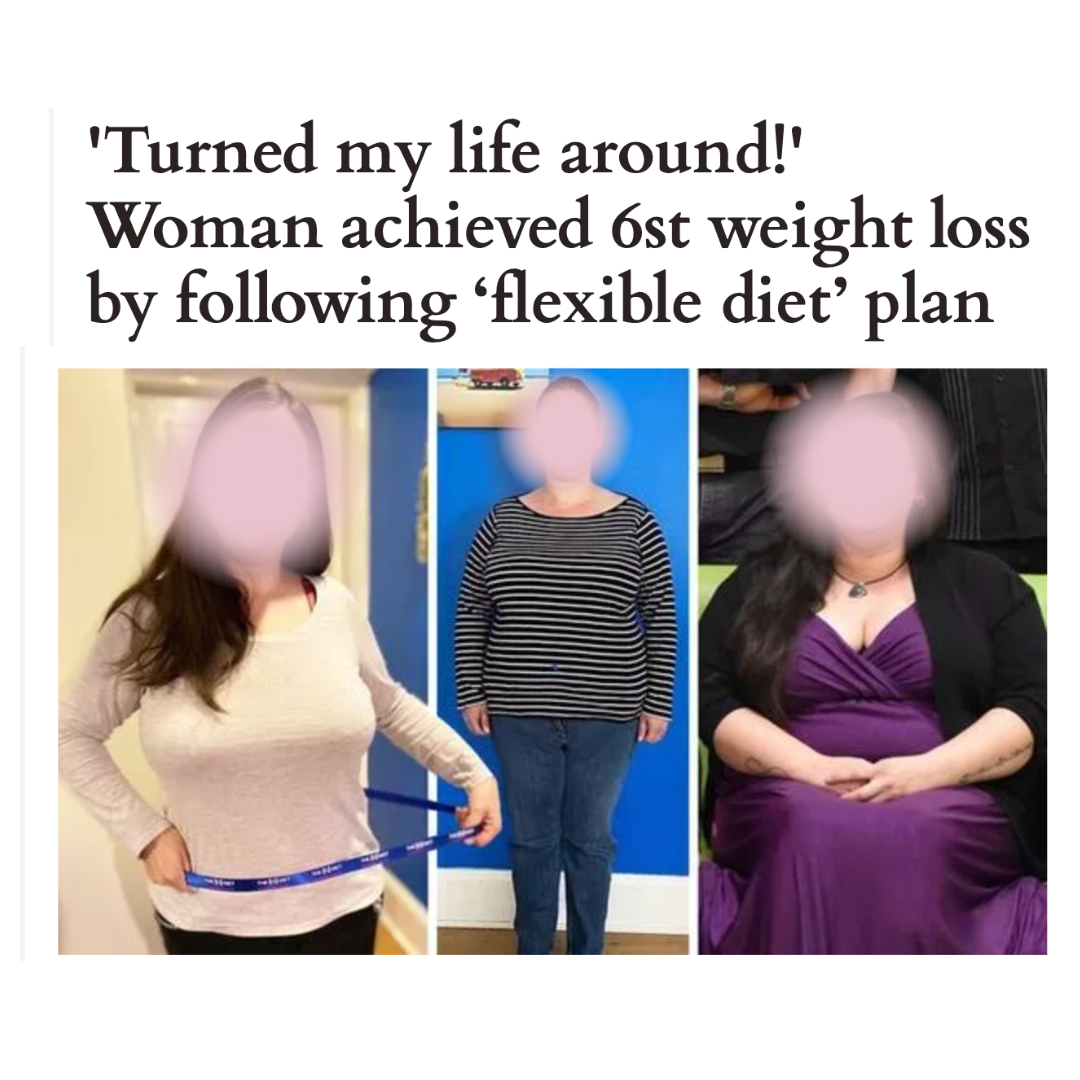
This lady lost six stone using a “flexible diet plan.”
Which is actually The Cambridge Weight Plan.
(The Cambridge Weight Plan heavily restricts your calories to 600kcal a day for 12 weeks, and the only thing you’re allowed to eat is their “nutritionally complete and healthy” snacks and ready meals, which will set you back about £200 a month.)
Our weight loss decision-making is heavily influenced by what we read and where our emotions are at the time.
Although this incredible lady lost six stone (which, despite the methods, it is still amazing!)
It's frustrating that she now works for the Cambridge Weight Plan and pushes this method to the masses.
If people are struggling and see this, they will be heavily anchored to give this a go, a mistake that so many make because of how the information is presented to them.
With weight loss, it’s important to be aware of this Mental Model and always remember this simple quote.
The Best Diet Is Enjoyable, Maintainable, Sustainable And You Can See Yourself Doing It A Year From Now
#3 - Confirmation Bias
Confirmation Bias is the tendency to search for, interpret, or remember information in a way that confirms one's preconceptions or beliefs.
When we’re onto a good thing, we hate to think of any negative consequences of our actions, which is why during this time, we look for evidence to confirm our beliefs and understanding of the world and try to ignore anything that counteracts our evidence.
The Confirmation Bias and Relationships
You just started dating someone you really, really like.
You can talk to this person for hours; they make you laugh!
This is the first time you’ve ever felt like this about someone.
Because of this, you completely ignore some of their negative behaviours like always being late, talking down to restaurant staff and being obsessed with looking good on social media.
You’re still in the honeymoon period, and things are moving fast, and they say to you...
“let’s move in together.”
Because of how much you’re into this person, it’s only a matter of weeks before you give them the key to your flat.
Then… the red flags come.
What seemed like a good idea suddenly becomes the worst decision you’ve ever made because, upon reflection, you finally realise this person is…
a piece of sh*t
It’s important with decisions in your life to look at things more objectively.
There are pros and cons to everything in life, and the important thing to do is weigh these up fully before making big decisions.
#4 - Fundamental Attribution Error
When we observe someone's behaviour, we often make assumptions about their personality, beliefs, or intentions without considering the context or circumstances that might have influenced their behaviour.
For example, if someone cuts us off on the road, we might assume they are a rude or aggressive driver without considering that they might be rushing to the hospital or dealing with an emergency.
Or, if someone performs poorly in a test or a task, we may assume that they lack the necessary skills or intelligence without considering external factors such as stress, fatigue, or distractions that may have affected their performance.
Understanding this Mental Model has helped me, especially regarding Social Media.
I’ve had people destroy me in the comments section of my posts, and my response to it is usually with empathy and kindness.
This is because their anger and outrage have nothing to do with me and everything to do with how that person thinks and feels at that time.
Do you know what happens when I respond with kindness or message that person to see if they’re ok?
They either apologise or completely stop with their hateful comments, which means I can return to focusing my time on more positive things than arguing with strangers on the internet.
Those who shout hate need help
#5 - The Curse of Knowledge
The curse of knowledge is the difficulty in imagining what it's like not to know something once you already know it, leading to difficulty in communication and teaching.
I’ve been a transformation coach for over ten years and can understand most of the scientific literature on nutrition, training and mindset.
What I continue to do, however, is break it down into simple, actionable advice and try my best not to overcomplicate it.
My thought is that if I can explain it to my 9-year-old daughter and she gets it, everyone will get it too.
And if I have gaps in my understanding, I go back to the books to learn a little deeper.
This mental model is powerful to remember, especially if you’re an expert in a particular area trying to teach others.
Never assume that other people know what you know, and always try and break things down into easy, bite-sized chunks with lots of pictures and stories.
This is the best way for you to learn things at a deeper level and for other people to learn too.
One of the best examples is the “The Feynman Technique.”
Richard Feynman was an American theoretical physicist known for his quantum mechanics and particle physics work. He was awarded the Nobel Prize in Physics in 1965.
It’s safe to say Mr Feynman was an incredibly smart man who understood incredibly complex subjects, but despite his intellect, he was able to break things down so everyone could understand it with his simple “Feynman Technique.”
- Pick and study a topic.
- Explain the topic to someone, like a child unfamiliar with it, at a level they understand using simple language.
- Identify any gaps in your level of understanding.
- Simplify your explanations and create analogies, so they are easy to understand
If you remember to follow this technique when teaching others, the information will go in much easier, and you'll be able to make a bigger impact on the world!
TL:DR
👉 “The Map is not the Territory” The world we think we live in is not always the world we live in.
👉 “The Anchoring Bias” Be careful to place too much of your decision-making based on the first piece of information you hear.
👉 “The Confirmation Bias” Weigh up all evidence when making big decisions; it’s not easy to disagree with your personal biases, but doing so will save you a lot of heartache and regret.
👉 “Fundamental Attribution Error” Try and separate someone's behaviour from who they are. Empathy and Kindness Win every time.
👉 “The Curse of Knowledge” Never assume someone knows as much as you. Always try and simplify complex subjects. Doing so will give you a greater understanding of the subject too.
I hope you enjoyed this week's knowledge bomb! Have a great weekend, and I’ll see you for the next one soon.
Jay
p.s when you're ready, here are a few ways I can help you get healthier, happier, fitter and stronger this year...
👉 Social Media Mastery: The Ultimate Course to help you grow your audience, create consistent content and dominate Social Media. Learn exactly how I grew my audience by over 750k in less than 2 years. Join 986 students here
👉 Calling All High-Achieving Coaches!
Crossing the £5k monthly threshold in your business? Amplify your impact with my Trainermind Elite! I take under my wing a limited number of coaches each year, and a mere 4 SPACES are left for this quarter. [Apply Here]


